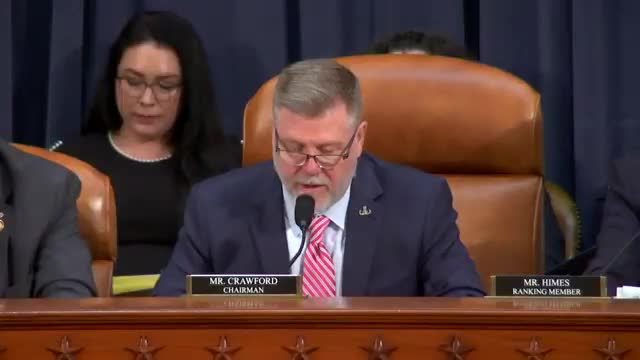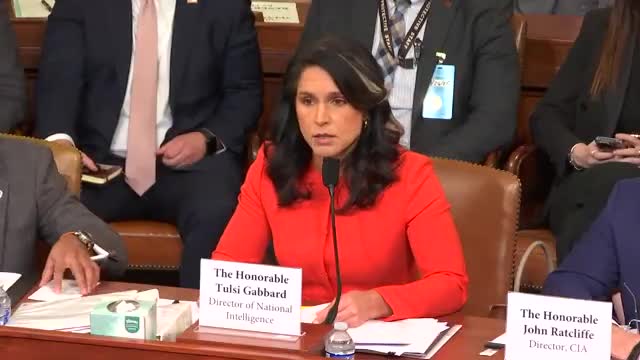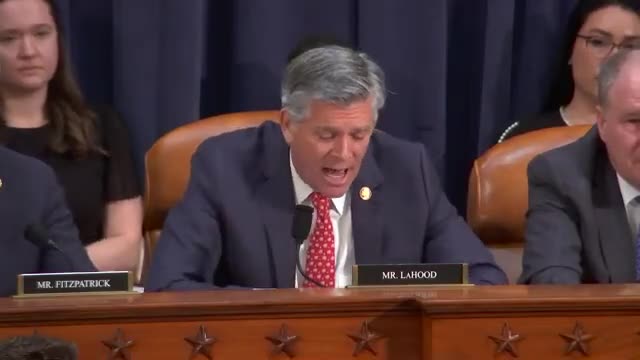Article not found
This article is no longer available. But don't worry—we've gathered other articles that discuss the same topic.

House Intelligence members press for investigation after Signal chat screenshots surface

Lawmakers press agencies on border security and cartel‑driven fentanyl threat

Lawmakers and intelligence chiefs spar over FISA Section 702 reauthorization

